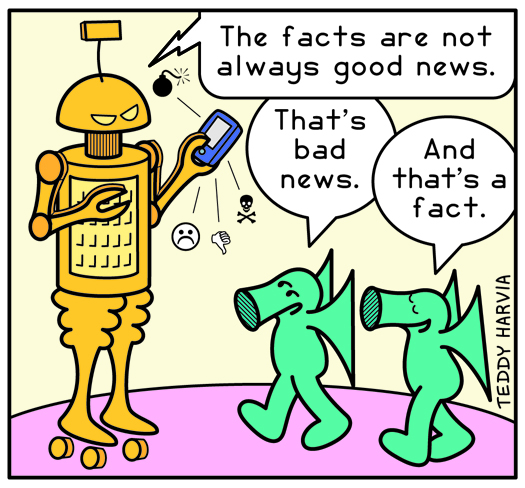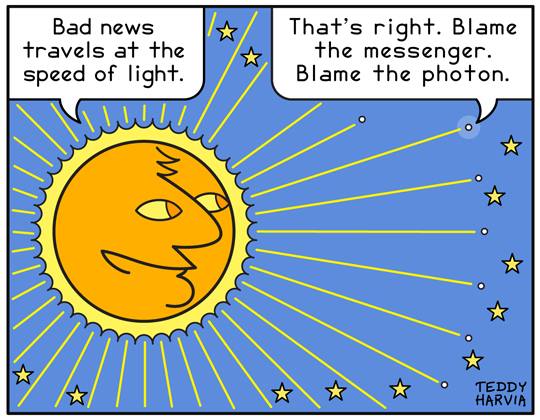
Audible has deflected criticism of their returns policy by curtailing the time when a return would be charged against a writer’s royalties from a year to seven days. However, the authors who initially raised the issue question what difference that will make.
As File 770 reported in November (see “How Audible’s Returns Policy Exploits Writers”), Audible, the audiobook publisher/distributor, stands accused of attracting readers to pay its monthly membership premium by encouraging customers to exchange a book they’re done with for another they want to listen to – becoming in effect a rental library. By treating the first sale as a return, Audible deprives the author of what they should have earned on a work that was bought and enjoyed.
Amazon’s company ACX is a self-serve audiobook production platform, and Audible is its audiobook sales outlet. The adjustment to the returns policy was announced in “A Note from ACX” at the Audiobook Creation Exchange Blog (November 24):
…The intent of this program is to allow listeners to discover their favorite voice, author, or story in audio. In instances where we determine the benefit is being overused, Audible can and does limit the number of exchanges and refunds allowed by a member. But as designed, this customer benefit allows active Audible members in good standing to take a chance on new content, and suspicious activity is extremely rare.
We hope this helps convey perspective to our valued writers and ACX partners as to the impact of our current returns policies. However, in recognition of these concerns, moving forward and effective as of January 1, 2021, Audible will pay royalties for any title returned more than 7 days following purchase.
Susan May, one of the leaders in bringing these issues to public attention, told The Alliance of Independent Authors why she is not satisfied:
“In offering authors the burden of bearing the cost of a return up to seven days of purchase, and Audible then assuming that cost for the balance of the 365 days of the ‘Easy Exchange’ [membership] benefit, we still have no idea of the value of this concession. It’s our belief that most customers would return a book in the first seven days after listening, and then a smaller percentage will return thereafter. This is a reusable credit as we’ve seen, and so we may still be enduring substantial losses.
“Audible has no mechanism in place that we have found through multiple tests which prevents overuse of this ‘Easy Exchange’ program. They’ve also given no indication that they do in fact prevent someone from returning a book once a majority of it has been consumed, or limit the exchanges and refunds allowed by members.
“Therefore, this begs the question: Why won’t Audible/ACX supply authors and publishers with their returns data in a timely and open fashion?”
May also realizes that Audible will not really be out of pocket by paying two authors a royalty on the expenditure of one subscriber credit. The company will be diluting the royalties on returns beyond the seven-day widow as a function of increasing the number of sales among which Audible divides the authors’ share of monthly subscription income. May said on her own blog enty, “Audiblegate 2: The Emperor’s New Clothes Policy, Pot Theory, Unicorns & Pirates”:
…Under the new returns policy, the Emperor’s New Clothes Policy, a subscriber can still “exchange” an audiobook in the exact same way, up to 365 days later. The only difference is that if a user exchanges a book after 7 days, both Author #1 AND Author #2 will receive the royalty for their sale.
Ooh, that seems good, and even if most of them are returned in the first seven days, that’s still something, right?
Well, no, because these returns after seven days are still potentially deducted from the exact same pot of money we all share. It’s still lost to authors and not being worn by the oh, so, magnanimous Audible, the party with the overly large share of the profit split.
Meanwhile, The Authors Guild’s call for writers to “Sign Our Letter and Tell Audible to Stop Charging Authors for Returns” has gathered over 12,000 signatures. The Guild likewise says that Audible’s policy change does not go far enough:
…The Authors Guild appreciates that Audible has acknowledged the concerns raised by authors and has shown a willingness to make changes to its policy so that authors lose their royalties only if an audiobook is returned within seven days of purchase rather than the current 365, but their proposal does not go far enough. For high volume audiobook listeners, a seven-day period is more than enough to listen to a whole audiobook, and it is not fair to deduct the author’s royalty for books that have been or could have been listened to. This practice is unparalleled in digital media retail. We think that royalties should only be deducted in cases of accidental purchase and within a much shorter period of time, such as 48 hours, and only if the audiobook hasn’t been listened to substantially. We have communicated this to Audible. We have also asked Audible for transparency in their reporting so that authors can see the royalty deductions from their accounts; currently authors only see the net amounts – the number of books sold minus returns.
Many other author organizations have now joined the protest reports Publishing Perspectives.
- The Dramatists’ Guild
- Novelists Inc.
- The UK-based international Alliance of Independent Authors
- The Writers’ Union of Canada
- The Irish Writers Union
- The Australian Society of Authors
- The Society of Authors in the United Kingdom
- The Science Fiction and Fantasy Writers of America;
- The Romance Writers of America
- Sisters in Crime
- The Mystery Writers of America
- Equity UK
May encourages writers to join the Facebook group she helped start where they can keep informed and work together to get Audible to treat them fairly.

